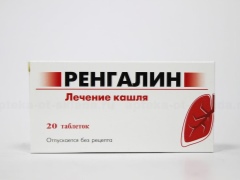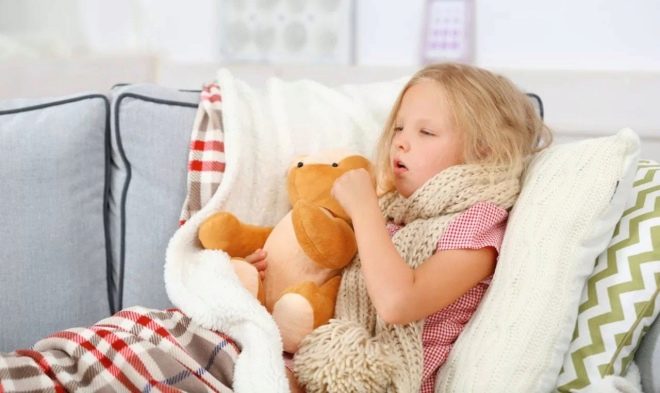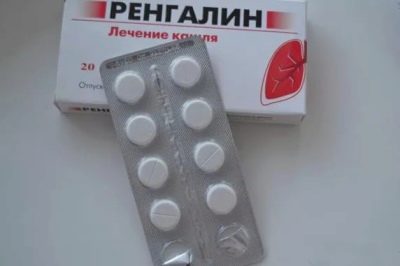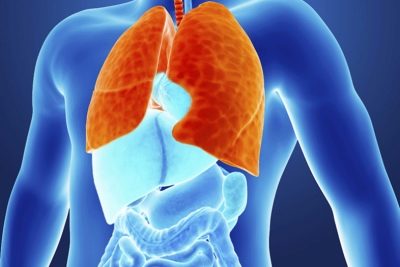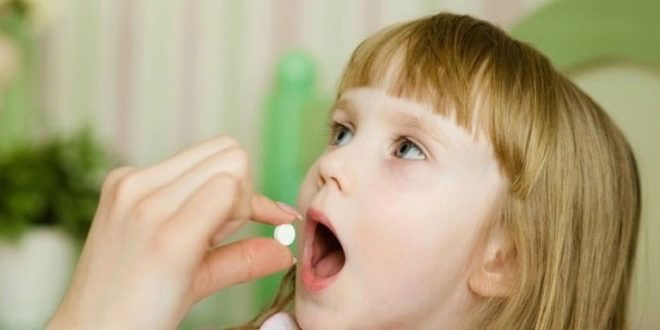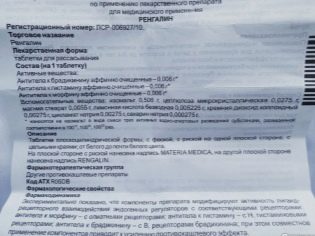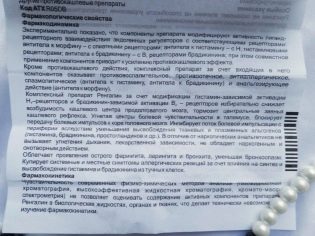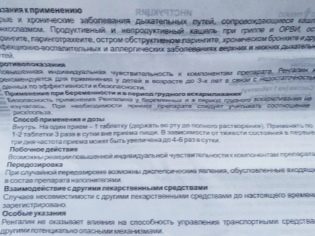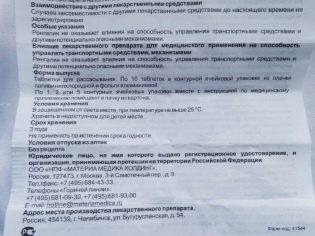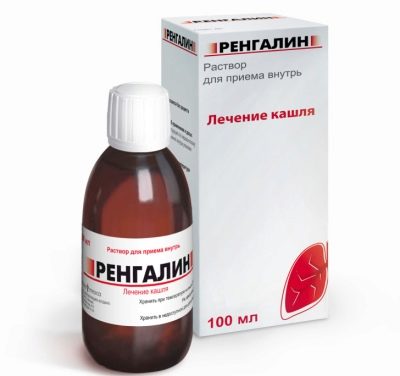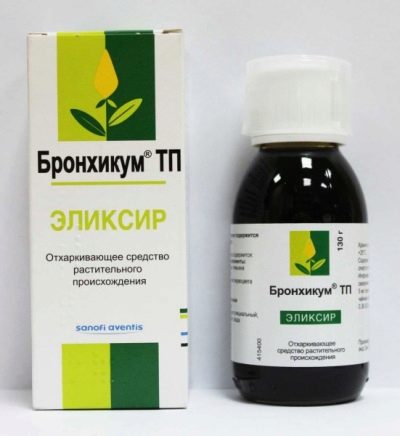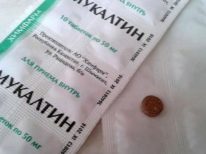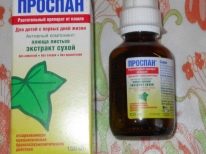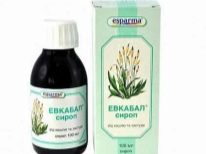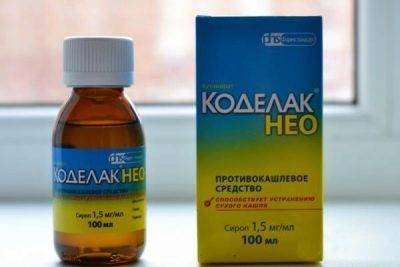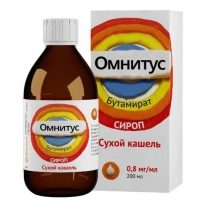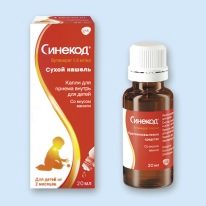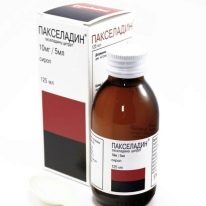Tablets "Rengalin" for children: instructions for use
"Rengalin" can be attributed to the popular homeopathic remedies prescribed for cough. One form of this drug is tablets, which need to be absorbed in the mouth. They are in demand in adults in the treatment of tracheitis, bronchitis or laryngitis. But before giving them to the child, it is worth knowing more about the effects of such a means, the doses recommended in childhood and possible negative effects.
Release form and composition
The main ingredients of the drug are special antibodies that have undergone affinity purification. Such antibodies act on three types of substances: morphine, histamine and bradykinin. The dosage of antibodies to each of these compounds is 0.006 g per tablet. Among the inactive components of "Rengaline" in solid form are isomalt and two sweeteners (cyclamate and saccharin sodium), as well as magnesium stearate and citric acid.
The tablets themselves are white, flat, cylindrical, sweet in taste. On the one hand, there is a risk and the name of the manufacturer (MATERIA MEDICA), on the other hand, there is no risk, but you can see the name of the drug (RENGALIN). Tablets are packaged in 10 pieces in a cell shell and sold from 10 to 50 tablets in one pack.
Operating principle
The antibodies contained in the tablets have the ability to act on the receptors of those substances in relation to which they are active. Thus, antibodies to histamine interact with receptors for this substance, antibodies to morphine affect opiate receptors, and antibodies to bradykinin, respectively, have an effect on bradykinin receptors. Due to such active components, "Rengalin" acts on the respiratory tract in a complex:
- tablets have antitussive activity, which is used for different types of cough, in particular, due to the presence of antibodies to bradykinin and histamine “Rengalin” affects the medulla, reducing the excitability of the cough center;
- the tool has anti-edema and anti-allergic effects, so that it is effective in a situation where the cough is a symptom of an allergic reaction;
- the reception of "Rengalina" reduces the activity of the inflammatory process that is used by ENT physicians and pulmonologists in the treatment of infectious and inflammatory pathologies of the respiratory system;
- thanks to antibodies to morphine, the drug has some analgesic effects, as it is able to inhibit the centers of sensitivity to pain, and pain impulses that are transmitted to the cortex from peripheral receptors;
- the drug also has an antispasmodic effect, thereby helping to eliminate bronchospasm.
At the same time, treatment with Rengalin does not inhibit respiration and does not provoke dependence, which is often noted in other medicines with antitussive action.
Indications
"Rengalin" can be prescribed for any diseases that are accompanied by both wet and dry cough. The drug is prescribed to patients with pharyngitis, ARVI, bronchitis, laryngitis, influenza and other diseases of the respiratory system, caused by and pathogens of infections and allergens.
From what age is prescribed?
Acceptance of the solid form "Rengalina" in children is allowed from 3 years.
If the patient has a younger cough, it is not recommended to give him pills.For such babies, it is necessary to select, together with a specialist, other anti-cough remedies that can be used in children under three years of age.
Contraindications
In addition to early age, the use of "Rengalin" in pills is also prohibited in case of hypersensitivity to any of the components of the medicine. Other contraindications to this drug are absent.
Side effects
Some children respond to pills with a skin rash, swelling, itching, or other manifestations of intolerance. In such a situation, the further use of the medicine must be abandoned. Drowsiness reception "Rengalina" does not cause.
Instructions for use
Remedy give one tablet at the reception. The child must put the drug in the oral cavity and hold it until it is completely dissolved. Diet at the time of receiving "Rengalina" is not affected.
It is recommended to check the regimen with the doctor, since in the first days of the disease the frequency of administration is usually higher (up to six times), and as the condition improves, it decreases to three times.
Overdose and drug interactions
If the pill dose is accidentally exceeded, symptoms of dyspepsia may appear, which soon after withdrawal go away on their own.
As for compatibility with other drugs, the manufacturer notes that "Rengalin" can be used without any problems with any other drugs.
Terms of sale and storage
Since "Rengalin" refers to non-prescription drugs, there are no difficulties with purchasing it at the pharmacy. The average price of 20 tablets is 180-200 rubles.
At home, the drug should be stored at a temperature below 25 degrees Celsius in a place hidden from children. Shelf life of tablets - 3 years. After its expiration, it is impossible to give medicine to children.
Reviews
On the use of "Rengalina" in children there are quite a lot of positive feedback. Among the advantages of the drug is its effective coughing effect, safety for children and good tolerability.
However, there are also reviews that complain about the lack of a therapeutic effect. In them, the parents say that the remedy did not suit their children and did not ease the cough, because of which they had to resort to other drugs.
Analogs
If it is difficult for a child to dissolve a solid preparation or it isn’t in the pharmacy, you can use another dosage form of "Rengaline", represented by a solution. Such a transparent liquid means the same active ingredients, so the effect on the body will be the same. Liquid "Rengalin" is also used from 3 years, but due to other excipients such a tool has more contraindications.
To replace the remedy when coughing in children can and drugs with a similar therapeutic effect. Among them, herbal preparations are in particular demand, for example, the elixir "Bronhikum TP", which is based on two extracts: from thyme and from primrose. The drug is approved for children older than a year and is required for respiratory diseases due to expectorant, anti-inflammatory, bronchodilatory and antimicrobial actions.
With a wet cough, other expectorants are no less popular, for example, Prospan, Bronchipret,Mukaltin"," Evkabal "," Linkas ","Herbion" and so on.
If you need to choose among them a suitable substitute for “Rengalin”, it is better to consult with your doctor, because such drugs have different dosage forms, active substances and age restrictions.
If the child suffers from a dry cough, instead of "Rengaline" medications with antitussive action, for example, the drug "Codelac Neo". The active substance of such a drug, butamirate, is able to affect the cough center, as a result of which the cough reflex is suppressed.
In the form of drops, the remedy can even be used in infants (such “Codelac Neo” is allowed from two months of age), and in syrup is prescribed for children over three years old.
Its analogues include drugs "Paxeladin", "Omnitus"," Sinekod "and others. They also have the ability to block the cough reflex, making the patient's condition with a dry cough easier. However, to use such tools without the appointment of a doctor in childhood is absolutely impossible.
How to treat cough in children, see the next video.
